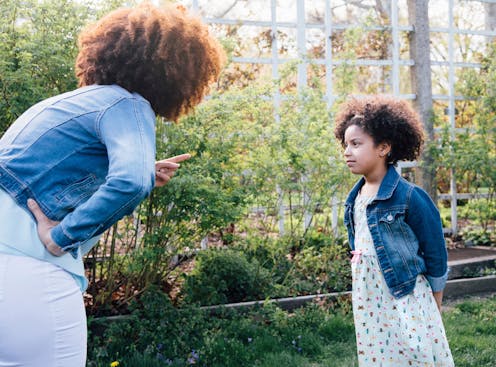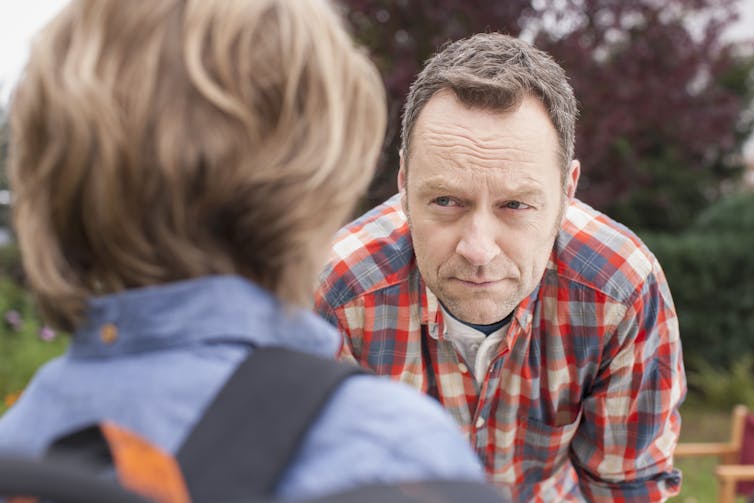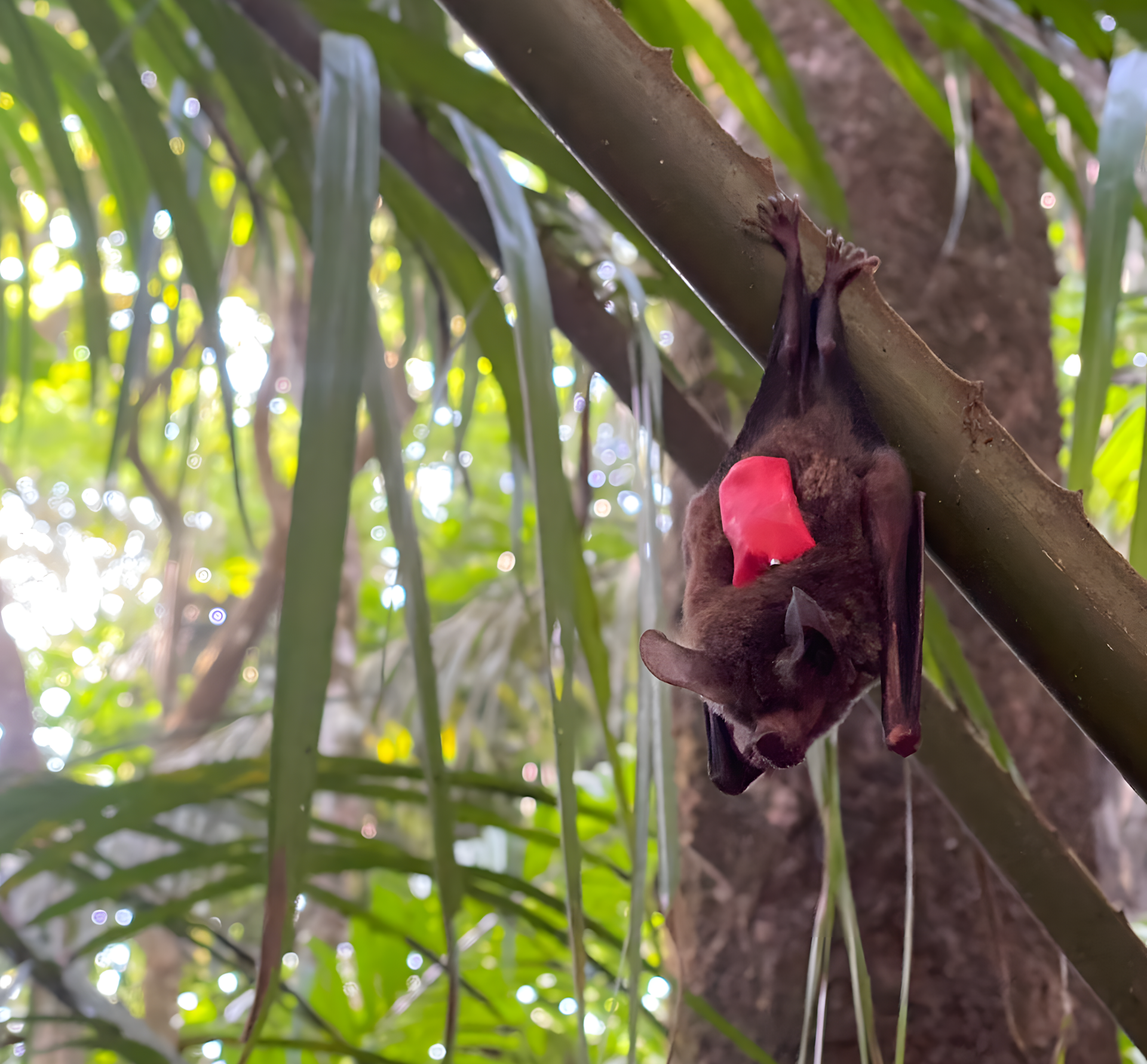Adults judge children who tell blunt polite truths more harshly than they do liars
Kids need to learn when little lies are the right choice. But research suggests parents may not be clear in the messages they send about how they value the truth.

The Research Brief is a short take about interesting academic work.
The big idea
Despite the common lesson that it’s paramount to tell the truth, adults judged children who told blunt polite truths more negatively than they did liars in a recent study my colleague and I conducted.
We asked 171 adults to watch videos of children between the ages of 6 and 15. Participants got a bit of written background identifying which children were lying and which were telling the truth.
The lies were what psychologists call prosocial, meaning they benefited someone other than the child him- or herself. For instance, they might have been trying to protect a sibling who had destroyed their bike or to be polite and tell their parent they enjoyed the birthday party organized for them.
On the other hand, when they told the truth, the children were betraying a sibling to tell on them to the parent, or they were being rude and telling the parent the party they organized was boring.
All children made both kinds of statements, both in either a blunt, obvious manner or in a subtle, less apparent way.
As you might expect, adults rated the children who told the truth in a polite but subtle way most positively. And they judged the liars as more untrustworthy than when those same kids told the truth.
However, when we asked the adult participants more broadly about the children, they rated the liars as having a generally more positive disposition when they lied to be polite than when they told the blunt truth.

Why it matters
Lying is typically viewed negatively. In fact, being judged a liar is often seen as one of the worst characteristics you can ascribe to someone. At the same time, many smooth social interactions rely on little white lies and lies of omission.
So we were interested in understanding how children might learn how to lie and, in turn, how adults might judge kids when they tell socially acceptable lies.
Prosocial lying is more complex than lying for self-serving reasons. Parents have difficult choices to make when it comes to helping children understand this landscape.
Given our findings, it seems that adults might provide inconsistent messages in response to children’s lies. They seem to respond positively to polite liars while at the same time judging them as less trustworthy.
What’s next
The adults in our study knew when the children were lying. But much other research has shown that people are generally poor lie detectors. Our participants might have judged the liars and truth-tellers differently if they didn’t know for sure when they were watching a lie.
The kind of socialization we were interested in depends on a person’s culture and individual situation. We have yet to examine how people from different backgrounds and with various personalities would respond to lying children and in turn help them understand what is socially acceptable.
Support for this project was provided by a PSC-CUNY Award, jointly funded by The Professional Staff Congress and The City University of New York #TRADA-45-492
Read These Next
Tiny recording backpacks reveal bats’ surprising hunting strategy
By listening in on their nightly hunts, scientists discovered that small, fringe-lipped bats are unexpectedly…
How the Seattle Seahawks’ sale will score a touchdown for charity 8 years after Paul Allen’s death
Selling a sports team is much more complicated than selling assets found in a typical estate, such as…
Bad Bunny says reggaeton is Puerto Rican, but it was born in Panama
Emerging from a swirl of sonic influences, reggaeton began as Panamanian protest music long before Puerto…






